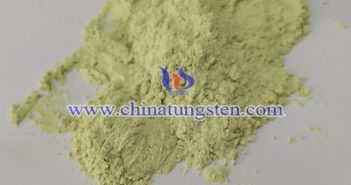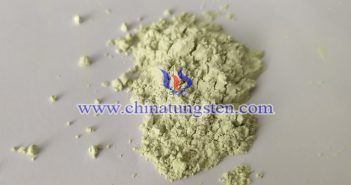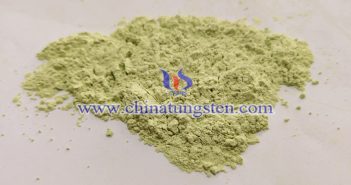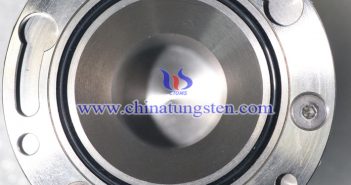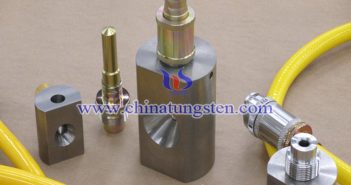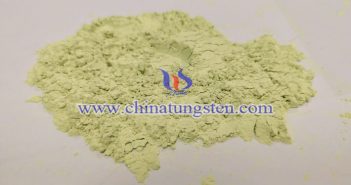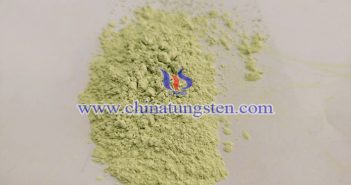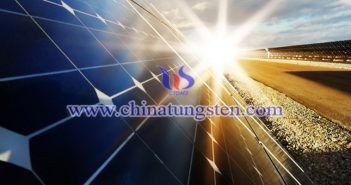
As a photocatalytic material, WO3-TiO2 nanoparticles have been designed to obtain better catalytic performance as WO3 having encouraging physical and chemical properties is still not much effective alone. Such a photocatalytic material is promising to treat hazardous dyes in industrial wastewater by dyes degradation using photocatalysis with properties like reusability, low cost, complete degradation and ecofriendly. Some experts have prepared a novel photocatalyst WO3-TiO2 nanoparticles through a hydrothermal method by using cetyltrimethylammonium bromide (CTAB) as surfactant. More details, please visit:…


